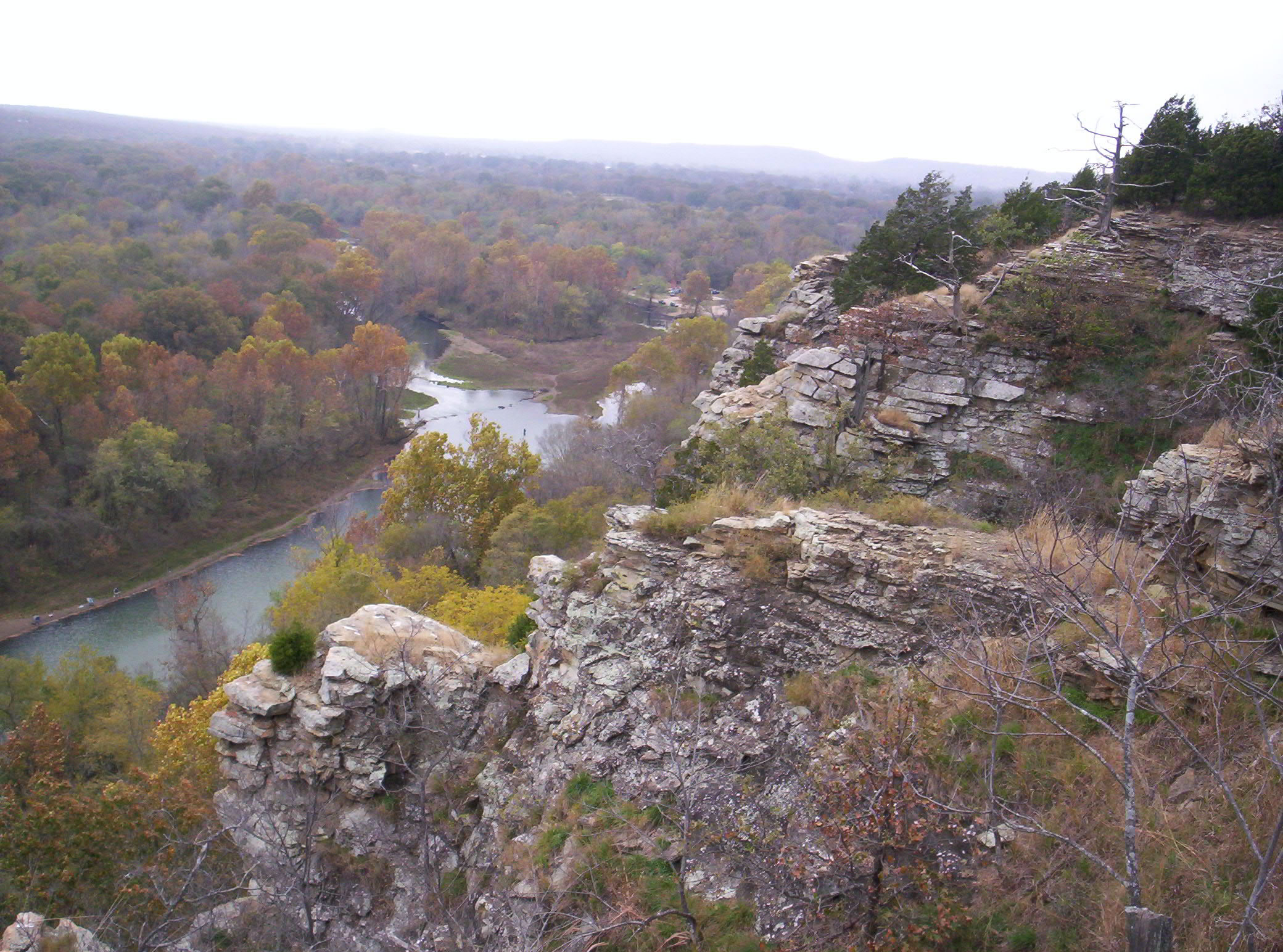
- Details
- By Native News Online Staff
In the battle between state and federal government over who has surface mining jurisdiction on the Muscogee (Creek) Reservation in Oklahoma, a federal judge favored the feds last week when he shot down the state’s injunction.
The legal footing for the battle began last year, when the Supreme Court said that a chunk of land in eastern Oklahoma was never disestablished from the Muscogee (Creek) Nation's reservation, and is therefore sovereign tribal lands.
The implications of the McGirt vs. Oklahoma ruling—which effectively expanded the Muscogee (Creek) Reservation—allowed the Interior Department in April to take over mining jurisdiction on the reservation.
In response, Oklahoma governor Kevin Stitt (Cherokee and Choctaw) sued the federal government to stop the jurisdictional change.
U.S. District Court Judge Stephen Friot wrote in his ruling on Dec. 22 that, while the case represents “a prime example of the havoc flowing from the McGirt decision,” his decision was also “legally unavoidable.”
Want more Native News? Get the free daily newsletter today.
While the Muscogee Creek Nation did not respond to Native News Online’s request for comment before press time, the tribe told News On 6 they “applaud the court for recognizing that each of the State’s arguments in this case were flawed and for affirming that the Muscogee (Creek) Reservation meets the definition of ‘Indian lands’ under federal statutes that regulate surface coal-mining operations.”
The statement went on to say: “This ruling represents another court, another rejection of the Oklahoma Governor’s obsessive assortment of challenges to the basic principles of tribal sovereignty affirmed last year by the U.S. Supreme Court. It’s long past time for the Governor to shut down his political campaign of obstruction and start working with Tribes for the benefit of all Oklahomans.”
More Stories Like This
50 Years of Self-Determination: How a Landmark Act Empowered Tribal Sovereignty and Transformed Federal-Tribal RelationsNavajo Nation Council Members Attend 2025 Diné Action Plan Winter Gathering
Ute Tribe Files Federal Lawsuit Challenging Colorado Parks legislation
NCAI Resolution Condemns “Alligator Alcatraz”
NABS Documents 134 More Survivor Stories, Expands Digital Archive in 2025
Help us defend tribal sovereignty.
At Native News Online, our mission is rooted in telling the stories that strengthen sovereignty and uplift Indigenous voices — not just at year’s end, but every single day.
Because of your generosity last year, we were able to keep our reporters on the ground in tribal communities, at national gatherings and in the halls of Congress — covering the issues that matter most to Indian Country: sovereignty, culture, education, health and economic opportunity.
That support sustained us through a tough year in 2025. Now, as we look to the year ahead, we need your help right now to ensure warrior journalism remains strong — reporting that defends tribal sovereignty, amplifies Native truth, and holds power accountable.
 The stakes couldn't be higher. Your support keeps Native voices heard, Native stories told and Native sovereignty defended.
The stakes couldn't be higher. Your support keeps Native voices heard, Native stories told and Native sovereignty defended.
Stand with Warrior Journalism today.
Levi Rickert (Potawatomi), Editor & Publisher

